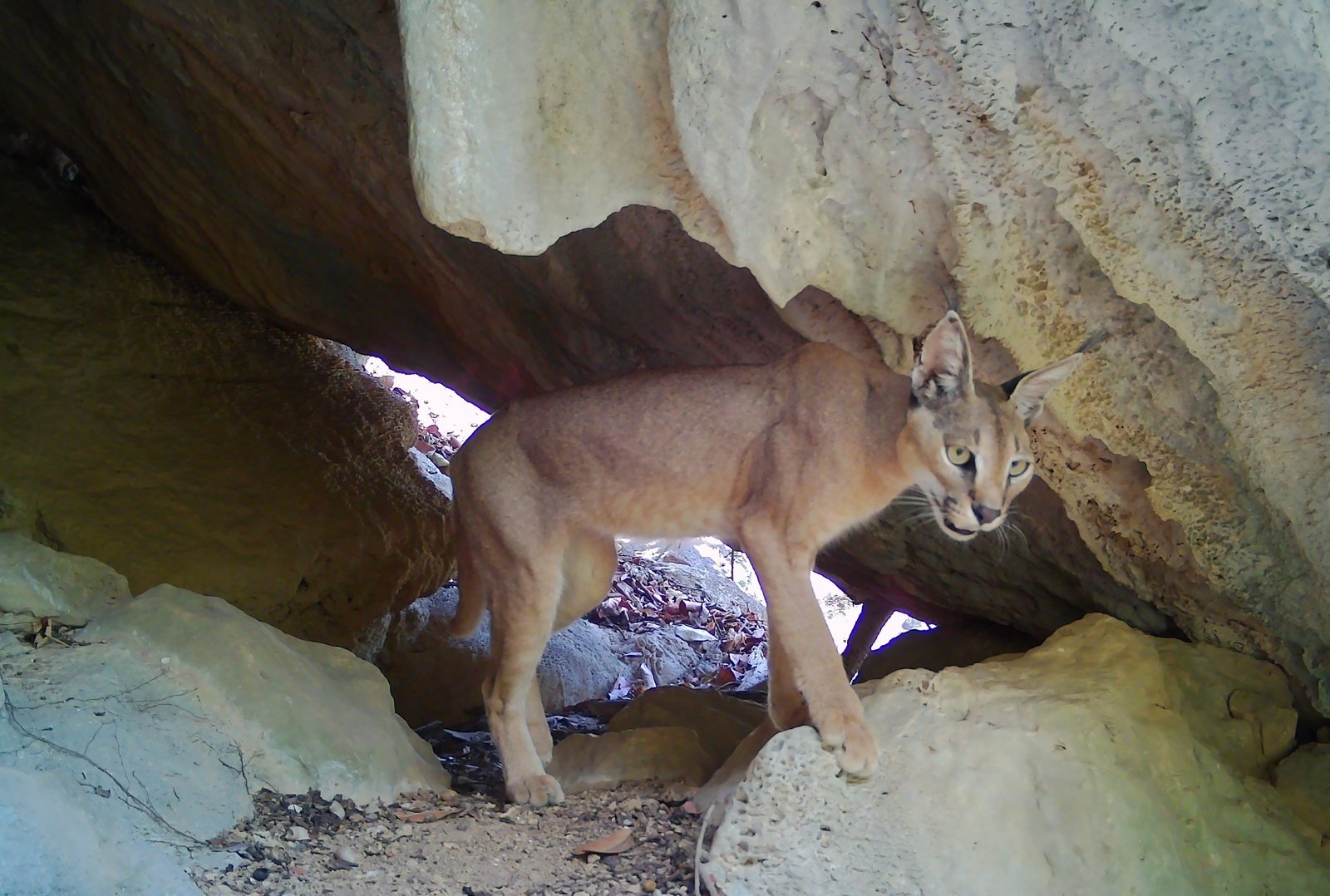The Environment Authority in Musandam Governorate has achieved a significant milestone in wildlife protection by successfully rehabilitating and releasing a young Arabian lynx, locally called Al Hamra’a, back into its natural mountain habitat. This move underscores the authority’s ongoing commitment to preserving endangered and native species within Oman’s diverse ecosystems. The lynx had been under close observation and care to ensure it regained strength and essential survival skills before being reintroduced into the wild.
The rehabilitation process involved a combination of veterinary treatment, proper nutrition, and controlled exposure to natural conditions to help the lynx adapt to its future environment. Wildlife experts carefully monitored its behavior, health, and hunting abilities to ensure it could thrive independently once released. This approach reflects international best practices in species conservation and highlights the technical expertise within Oman’s environmental agencies.
The release of Al Hamra’a also serves as a symbolic victory in the wider effort to maintain biodiversity across the Sultanate. Musandam’s rugged mountains provide an ideal refuge for the Arabian lynx, offering the necessary prey and shelter critical for its survival. By focusing on habitat preservation and species-specific rehabilitation programs, the Environment Authority aims to strengthen the ecological balance of the region and protect rare wildlife for future generations.
Local communities have been encouraged to support such conservation initiatives by reporting sightings, avoiding habitat disturbance, and spreading awareness about endangered species. The successful reintroduction of this young lynx not only marks a triumph for conservationists but also reinforces Oman’s reputation as a regional leader in environmental stewardship and wildlife protection. This achievement is expected to inspire similar projects across the country and promote a deeper appreciation for the nation’s natural heritage.



